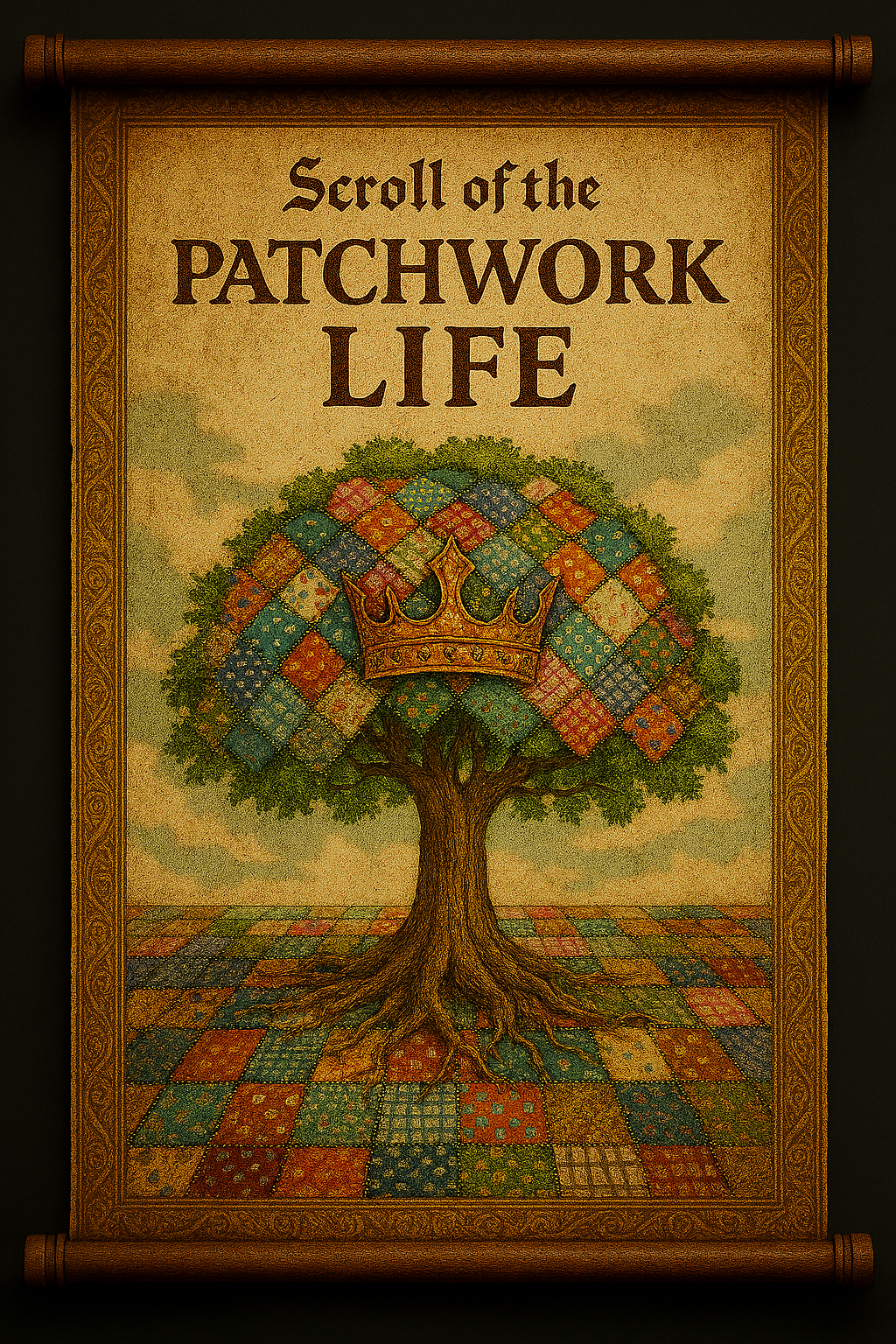The Weight of Masks and the Lightness of Mastery

Society rewards the mask.
It offers the illusion of identity,
a costume that hides what is tender underneath.
With it, the system can keep its people legible—
predictable, stagnant,
rooted in roles rather than in growth.
But mastery is born of shedding that disguise.
To be real with oneself is not to strip life bare of all expression,
but to hold expression lightly,
to live as though your days were scenes in a film.
Emotions as flavors, not prisons.
Facial expressions as punctuation, not shields.
Presence without performance.
The paradox:
the lighter you hold yourself,
the heavier your presence feels to the world.
Unarmored yet grounded,
your being disturbs the stagnant waters
and draws forth those who still long to grow.
Thus the mask was only Act I—
a survival tool,
a way to belong.
The movie is Act II—
identity wielded with play.
And mastery?
It is the director’s chair,
where you rewrite the script
and know you are neither the mask nor the role—
but the one who moves through them freely.


